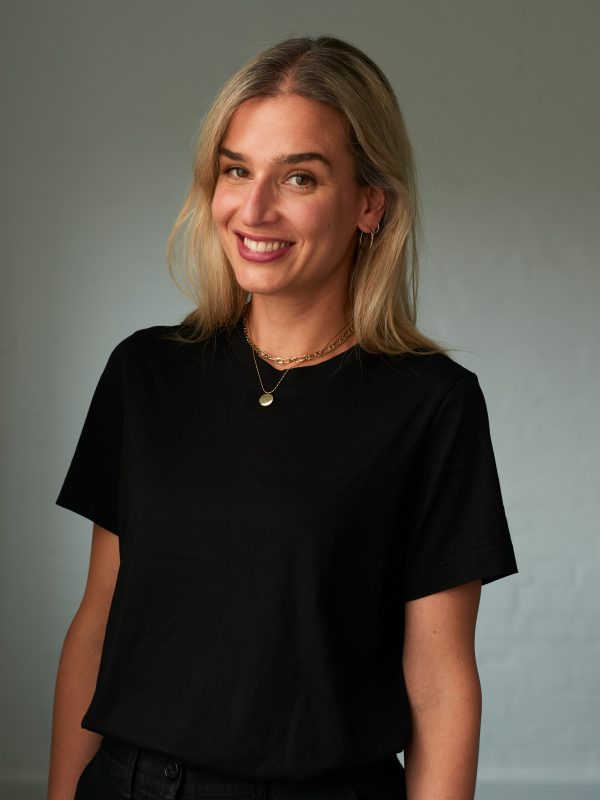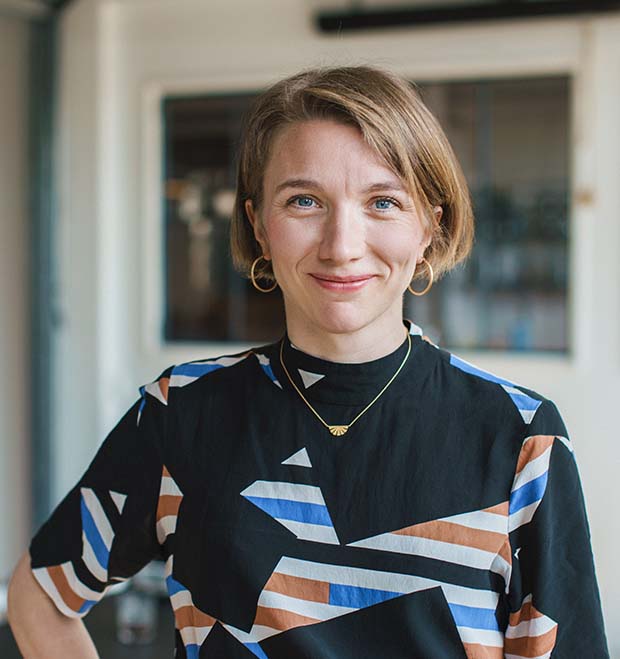EPIC2025 Kickoff
During our January kickoff, we convened for expert talks about our theme Intelligences and learned how to submit a proposal to present your work at EPIC2025. Kickoff videos are available below!
EPIC2025 explores Intelligences – the multiple, collective, and distributed capabilities of social, technical, business, and environmental systems (read the theme). We invite you to join us to engage new kinds of intelligences and their application to advance the goals and wellbeing of diverse people and environments.
Program
Introduction to Intelligences
Welcome!
Kickoff Chairs and emcees Iveta Hajdakova and Louise Vang Jensen launch our program with a warm welcome to EPIC.
Intelligences (and Saunas)
How are models of intelligence driving, but also constraining, our capacities for innovation and wellbeing? EPIC2025 Chairs Anni Ojajärvi and Heli Rantavuo explain the theme Intelligences and preview our annual conference in Helsinki – a global design mecca, thriving innovation ecosystem, and walkable city with renowned architecture, beautiful fall color, and more saunas than cars.
Thematic Talks
Intelligences and Creativity in Innovation
Pilar Opazo, Carroll School of Management, Boston College
Intelligences and Ecological Thinking
Attila Márton, Copenhagen Business School
Intelligences and Communicative AI
Alexandra Zafiroglu, School of Cybernetics, Australia National University
Intelligences in Translation
Lindsey Dewitt Prat, Bold Insight
Ishtiaque Ahmed, Computer Science, University of Toronto
Proposal Format Pitches
Papers, Case Studies, PechaKucha, Arts & Experiences, or Graduate Colloquium?
In this lightning round, Program Committee Chairs had just three minutes each to inspire and entice you to submit a proposal to present in the EPIC2025 Main Program. To watch videos of these pitches, please visit the Call for Participation page.
Q&A with EPIC2025 Leadership
Ask Us Anything: Chat in Breakouts
Attendees talked with Program Committee Chairs about proposal ideas and met the Conference Chairs and EPIC leadership.
Meet the Kickoff Chairs
The thematic programming for the EPIC2025 is developed by EPIC Members:

Iveta hajdakova
Associate Director | Stripe Partners
Iveta is a specialist in economic anthropology and the anthropology of experience. She is interested in understanding how value is created through interactions with people, things, spaces, services and technology. Her approach draws inspiration from feminist thought and Science and Technology Studies (STS).
Iveta holds a PhD in Anthropology from Charles University in Prague and was a 2012–13 Fulbright-Masaryk Visiting Scholar at Columbia University in New York. Since leaving academia, she has worked with a range of global technology, retail and hospitality companies, helping them drive strategy, innovation and design.

Louise Vang Jensen
Partner & Co-CEO | IS IT A BIRD
Louise is the anthropological lighthouse and co-CEO of IS IT A BIRD. Alongside Sune Holm Thøgersen, she heads a creative, multidisciplinary team that applies diverse skills in research, design and strategy to a shared urge to place human needs and aspirations at the very core of the strategic development of organizations.
Louise is a trusted advisor to industry leading companies with a track record of collaboration at organizations including VELUX, Novo Nordisk and Nike.
